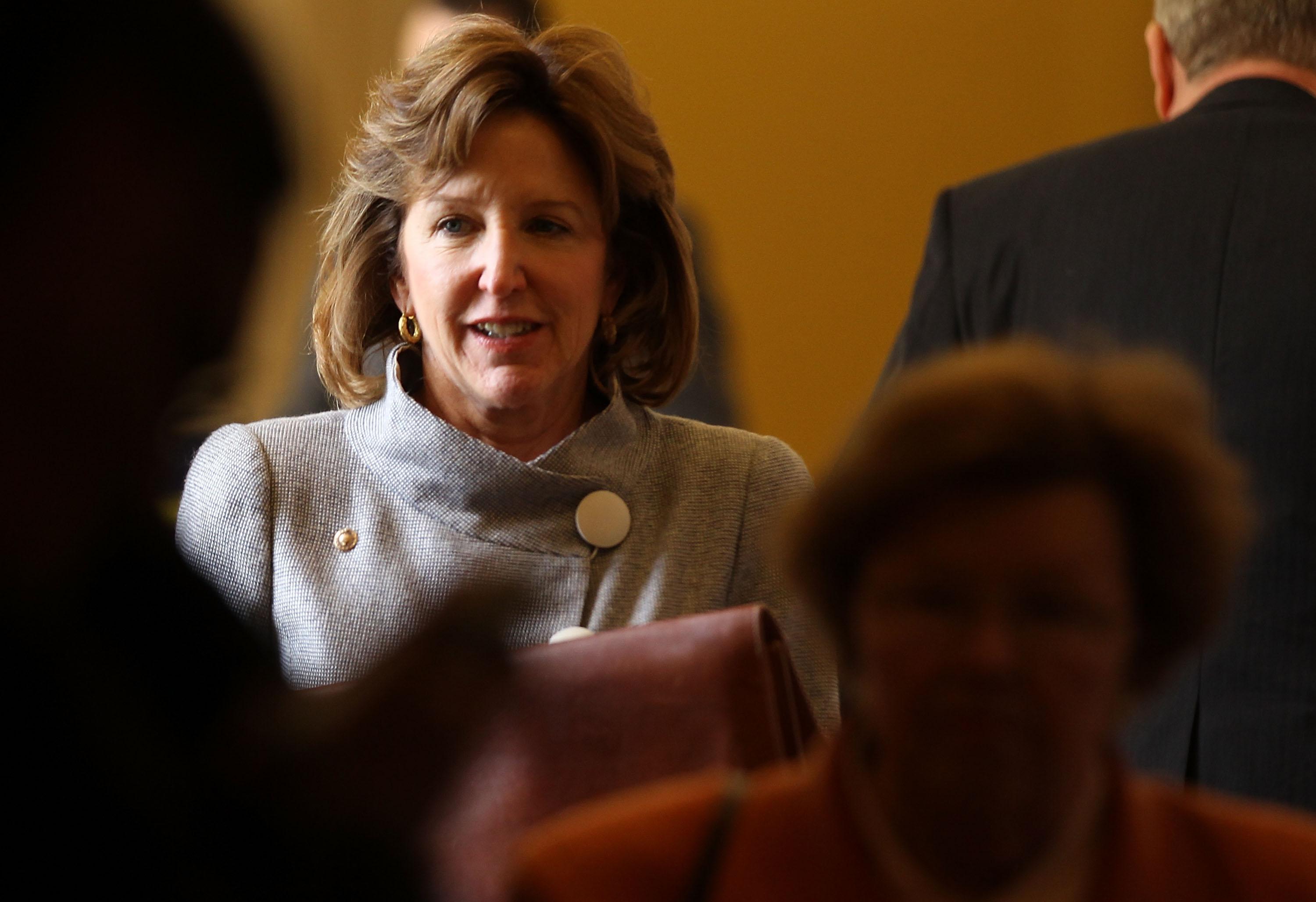North Carolina-based Public Policy Polling, which is known for the frequency of its results and for the contempt it inspires in Republicans, is out with a survey of the state’s 2014 U.S. Senate race. If freshman Democratic Sen. Kay Hagan loses, Republicans are probably winning the upper chamber. But PPP has Hagan’s numbers increasing from the last poll—from mid/high single digits to low double digits. And the weakest candidates are state Sen. Phil Berger and Speaker of the House Thom Tillis.
Each of them is at a -20 spread, 11/31 for Berger and 12/32 for Tillis. We generally find a built in net favorability of about -10 for a politician without much name recognition so part of it’s that but in March we had Berger at a -14 spread and Tillis at a -9 one so their situations have gotten much worse over the course of the legislative session.
The back story, conveniently, is told in other PPP polls on the state’s solidly Republican legislature. It’s rushing through decades’ worth of conservative bills that had been put on hold when Democrats ran the state, and it’s doing so in an occasionally gormless way—most recently, attaching an ominbus abortion and clinic regulation bill to a motorcycle safety bill. “Eighty percent [of voters] think it’s inappropriate to combine abortion legislation with bills about motorcycle safety or Sharia Law,” wrote PPP in its last poll analysis.
Washington Democrats should get déjà vu at those numbers. A major, unexpected reason for backlash against the 2010 health care law was the impression that it had been passed through legislative chicanery, that senators had been bought off for their votes, and that it had been “rammed through” without transparency. That was a reality-based critique (hey, nobody forced Barack Obama to promise that the negotiations would happen on C-SPAN), and it hurt. Democrats got their bill, but it did long-term damage to their image among the sort of voters who, when they felt like casting a protest ballot, might consider a Democrat.
Same thing in North Carolina. Hagan’s problem with the national party is being counteracted by voters learning to hate their state GOP.
